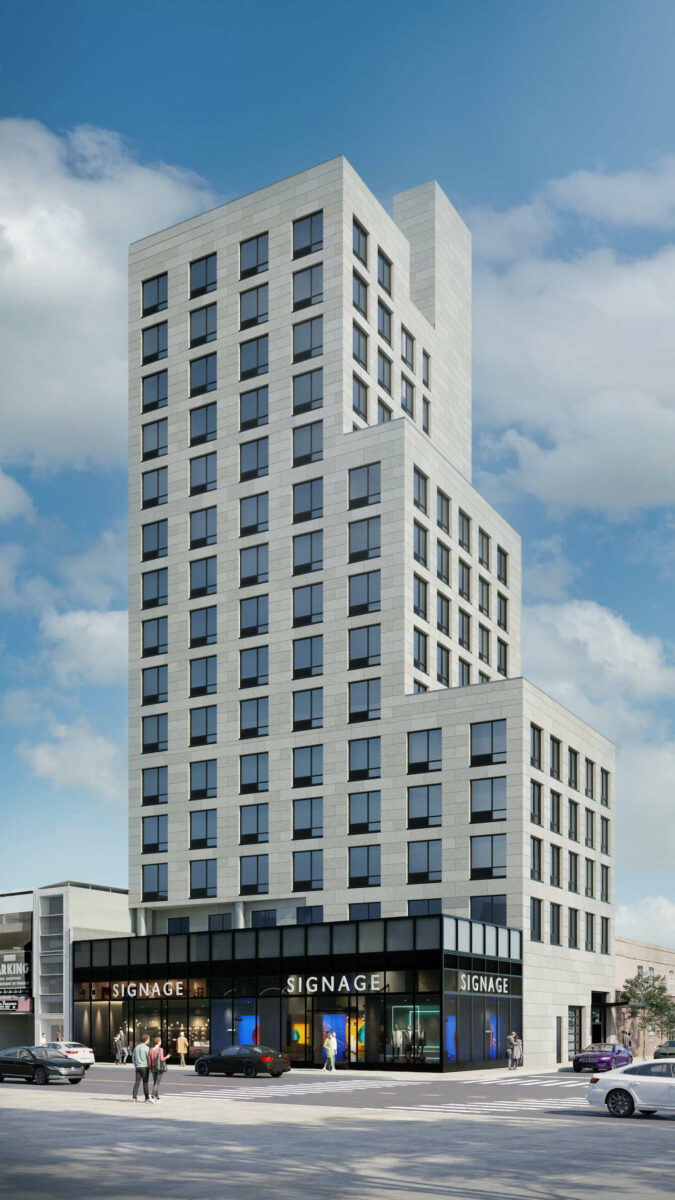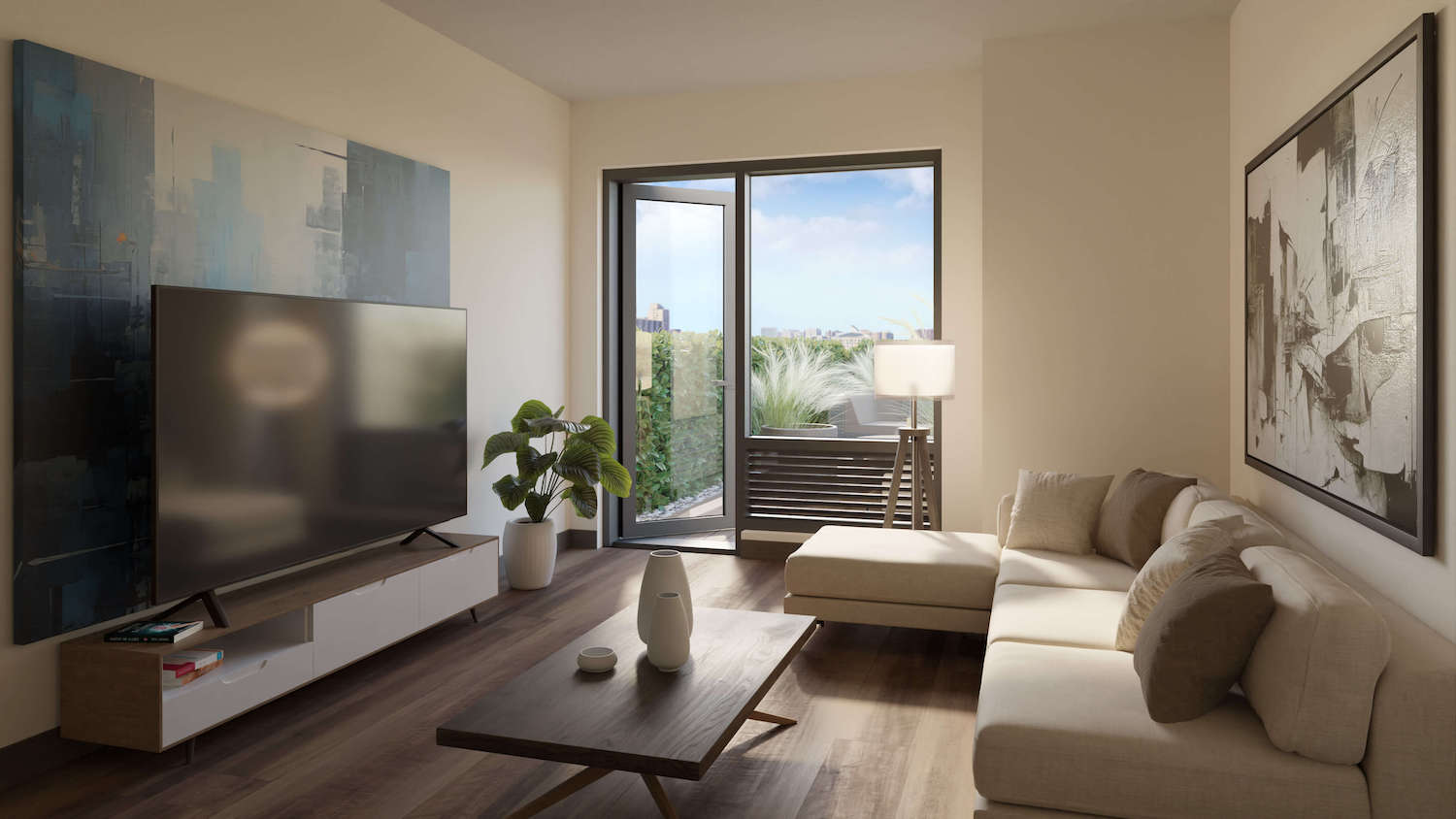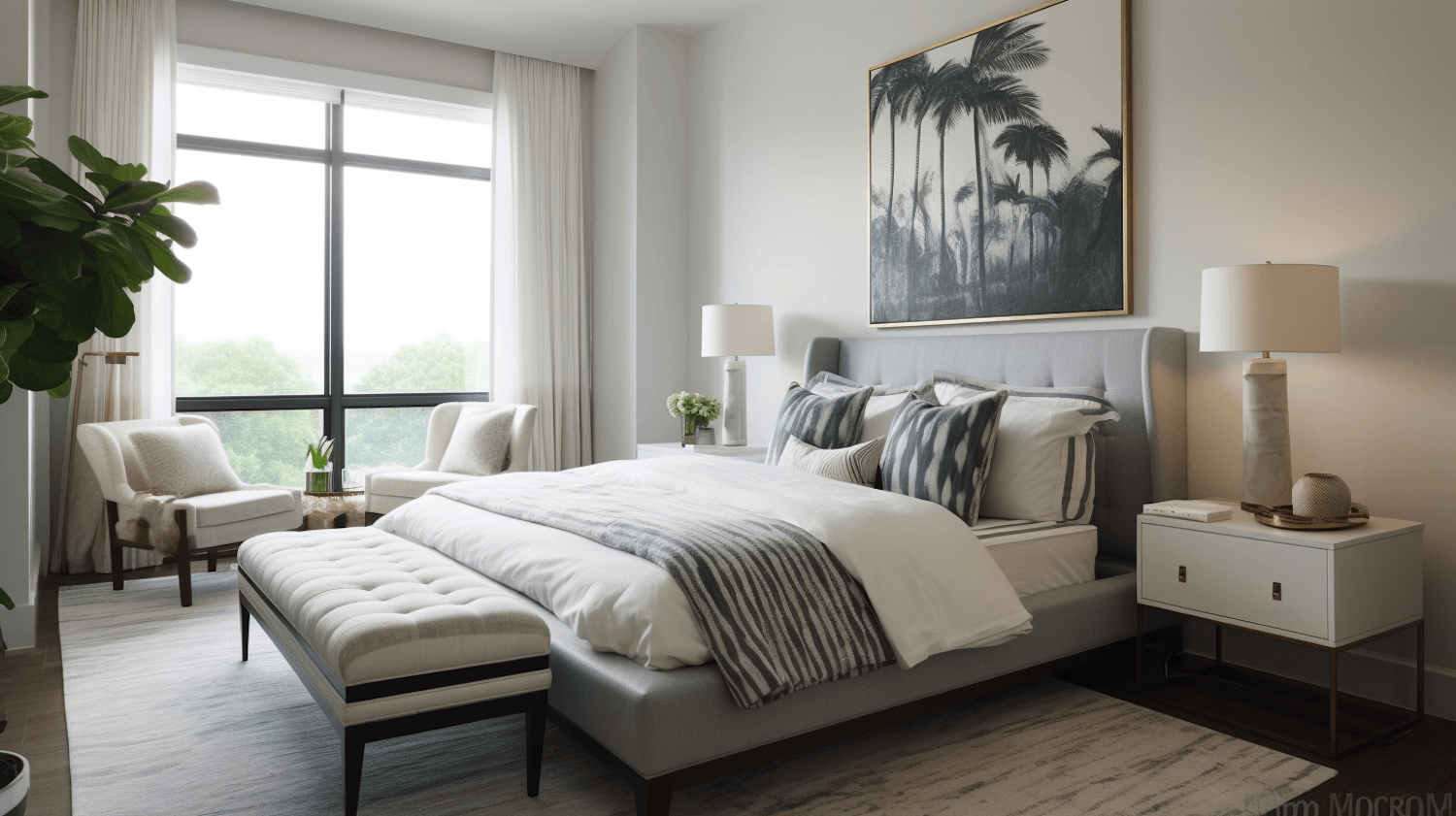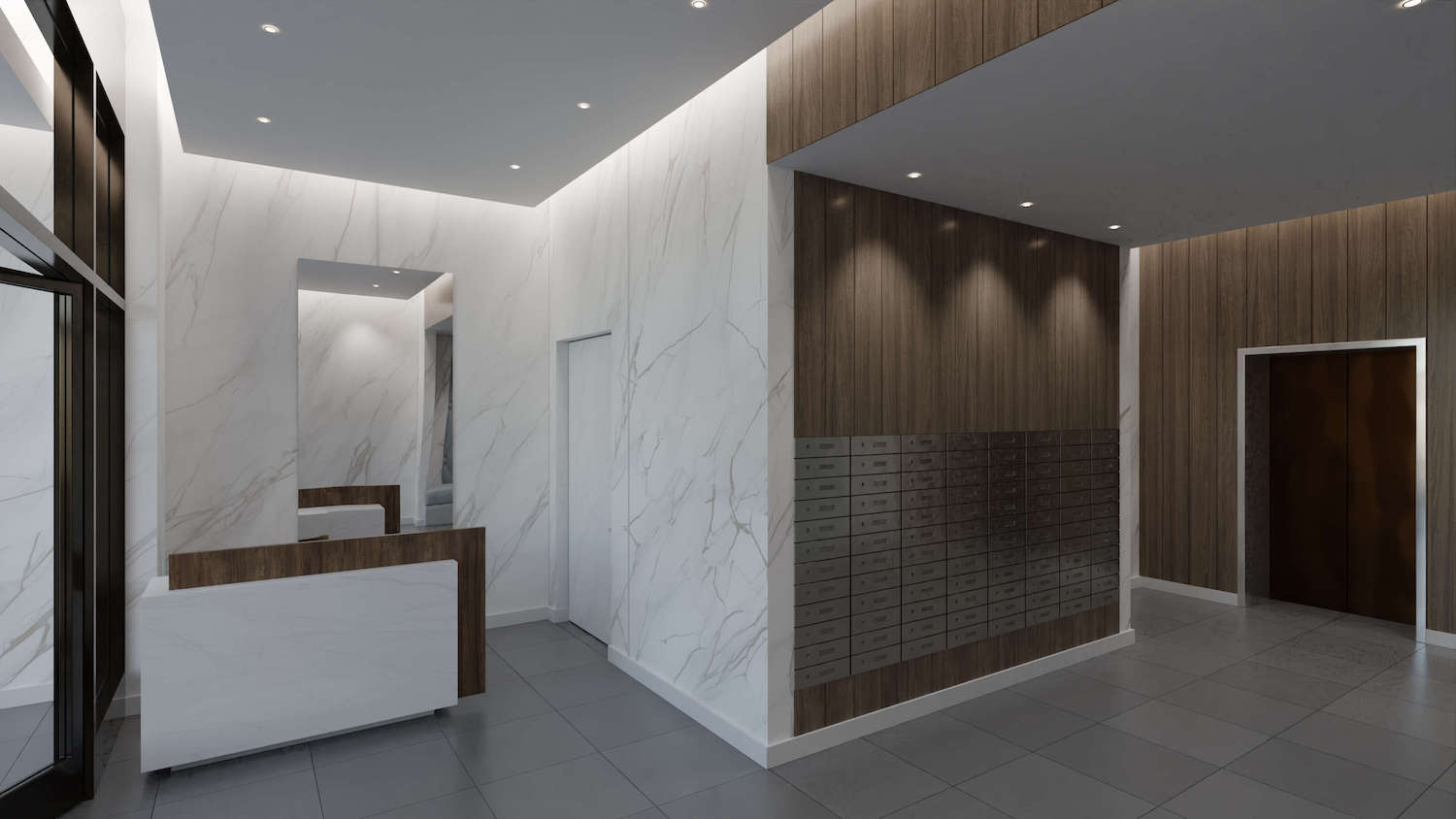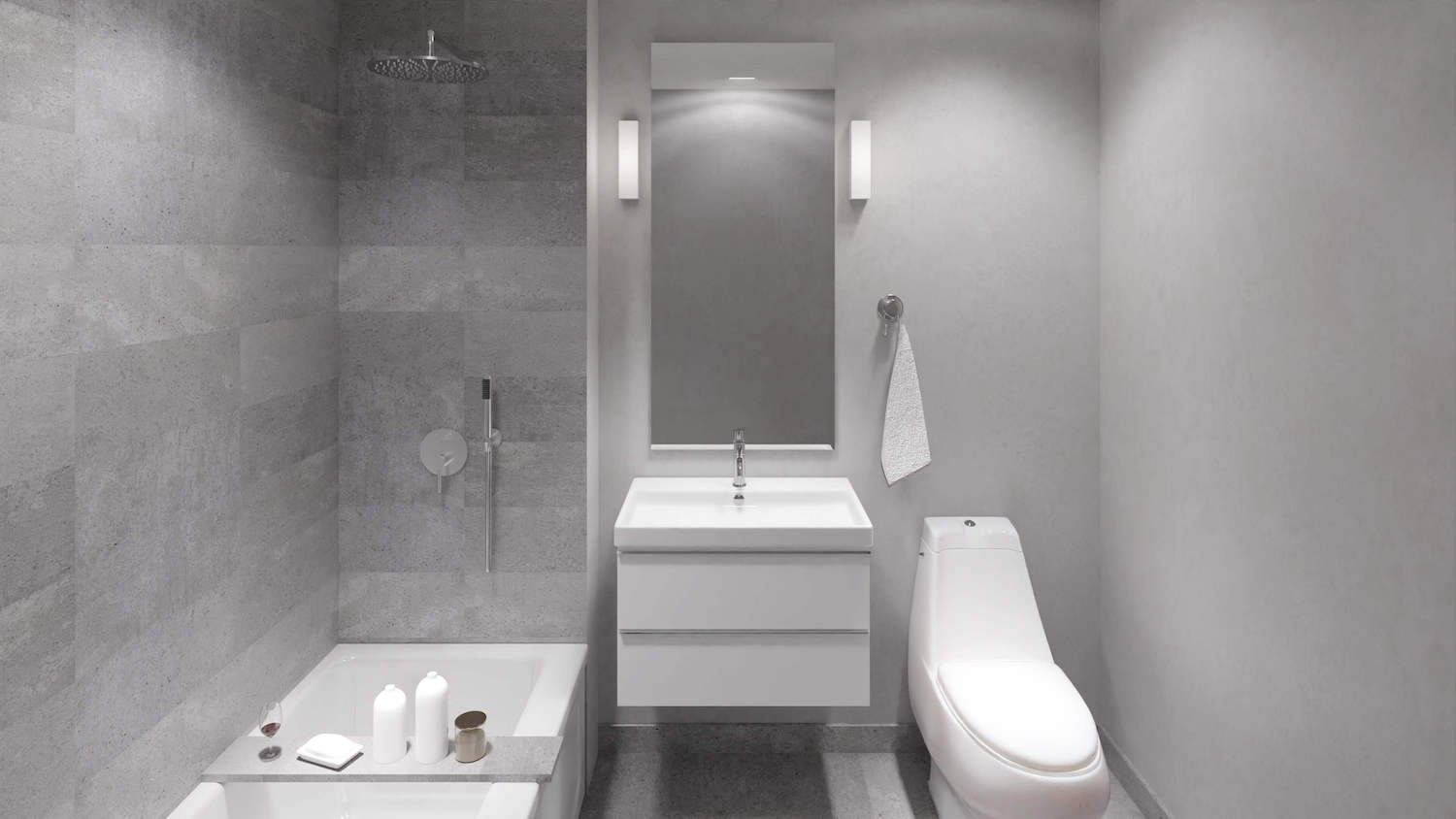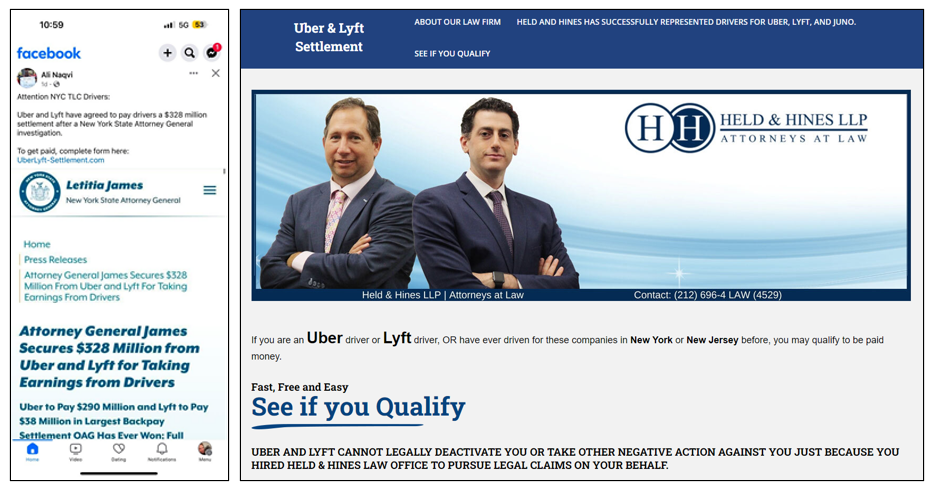
With 70 Adult-Use Dispensaries, New York Has Almost Tripled the Number Open Since December with Another 25 CAURD Who Have Received their Final License and Will Be Opening in the Coming Weeks
NYS Cannabis Control Board Approves 109 Licenses, Including 38 New Retail Dispensary Licenses and First 26 Microbusiness Licenses
New York Surpasses $183 Million in Total Adult Use Cannabis Sales
Cannabis Control Board Approves Adult-Use Home Cultivation Regulations, Advancing Them to a 60-Day Public Comment Period, and First Cannabis Research Licenses
Control Board Votes to Open Application Window to Allow for More Type 3 Processor Applications and to Allow Conditional Cultivators and Processors to Continue Transition to Nonconditional Licenses
Governor Kathy Hochul announced that the New York State Cannabis Control Board voted to approve the first non-conditional adult-use cannabis licenses for entrepreneurs who applied during the 2023 application window which opened on October 4. In total the CCB issued 109 licenses, with 38 going to applicants seeking to open a retail dispensary and another 26 going to applicants seeking to operate a microbusiness license which allows a licensee to grow, process, distribute and sell all under one license.
“Adult-use cannabis is a growing industry in New York that will help local economies across the state,” Governor Hochul said. “The approval of over 100 licenses is a good start and provides individuals with the opportunity to apply for licensing to help drive up local economies around them.”
New York is now home to 70 licensed adult-use cannabis retailers: a mix of CAURD licensees with storefronts, CAURD licensees providing delivery services, and adult-use dispensaries co-located with existing medical dispensaries. With the lifting of a recent injunction in December, New York State has nearly tripled the amount of operating cannabis retailers in the last two months.
OCM anticipates the opening of at least another 25 adult-use dispensaries in the coming weeks, once operators complete final steps required to begin cannabis sales.
New York’s Cannabis Control Board Chair Tremaine Wright said, “We anticipate exponential growth for New York’s cannabis industry in 2024. In the last six weeks alone, we’ve more than doubled the amount of open dispensaries across the state, and in the next few months we’ll more than double the total amount of licenses issued in the last two years. I remain inspired by these incredible entrepreneurs across the state who are leading the way for New York cannabis.”
New York State Office of Cannabis Management Executive Director Chris Alexander said, “New York right now is in the process of issuing one of the largest amounts of adult-use cannabis licenses any State has issued from a single application window. Today 109 licenses were issued, that number will continue to scale up at future meetings. For every applicant eager to get a license, or worried they won’t get selected this round, I want to preach patience. We’re building this market in a thoughtful and methodical way, and we’re working to avoid traps we’ve seen cause stumbles in other markets that have disproportionately harmed smaller operators.”
Applicants approved for the retail and microbusiness licenses today were those who submitted their applications before the November 17 deadline and have a specific location under their control. Additional licenses for applicants who applied by the November 17 deadline, and for applicants who applied by the December 18 deadline, will be issued on a rolling basis at CCB meetings over the next few months. The Office anticipates a significant number of applications will be ready for Board approval at the subsequent CCB meetings. Click here to learn more about the application window that opened on October 4.
Social and Economic Equity Adult-Use Licensing
After the Office recommended to the Board the 109 adult-use licenses to be awarded at Friday's Board Meeting, it analyzed the composition of such licensees. The Office is pleased to report a significant milestone: two thirds (66 percent) of all such licensees are social and economic equity (SEE) owned businesses. One third (35 percent) are women-owned businesses and another third (32 percent) are minority-owned businesses. 10 percent are minority-women owned businesses. The full breakdown is listed below.
New York just tripled the estimated national rate for minority and women owned retail dispensary licensees in the state’s inaugural round of adult-use licensing. An analysis of the composition of today’s adult- use retail dispensary licensees indicates that a full 88 percent are SEE-owned businesses. 60 percent are minority-owned business, 50 percent are women-owned businesses, and 20 percent are minority-women owned businesses. The early resulting level of diversity of ownership within New York’s retail industry will have positive ripple effects for years to come as diversely owned small cannabis brands seek out shelf space.
All SEE licenses issued by the Board, except those that applied as Extra Priority or Cannabis Compliance Training & Mentorship graduates, underwent the same randomized queuing process as every other applicant and received no additional weight.
Moving forward, the Office anticipates seeing similar SEE proportions across all non-provisional licenses issued. The Office successfully met the Cannabis Law’s goal of 50 percent SEE licensure through a three-part strategy. First, the Office intentionally designed an application process that was accessible but simple, allowing many to complete it within a single afternoon. Second, we enlisted the support of over 60 community-based organizations, academic institutions, non-profits, and law firms, who assisted more than 800 prospective SEE applicants. Third, extensive outreach and educational efforts ensured that communities prioritized under the Cannabis Law were well-informed and adequately prepared for this historic opportunity.
These efforts, coupled with an impartial lottery system, produced outcomes that closely match the present-day demographics of New York State. The vast majority of the state's residents are women, minorities, or both, and a sizable proportion live in communities disproportionately impacted. The SEE Plan, released by the Office in May 2023, forecasted much of this work with a thorough examination of the barriers to entry and recommendations to avoid replicating the unforeseen consequences of legal markets that came before New York.
| | | |
Total Social & Economic Equity Certified | | | |
| | | |
| | | |
Minority-woman owned business | | | |
| | | |
| | | |
| | | |
Cannabis Compliance Training & Mentorship Program
Two years ago, Governor Hochul signed Senate Bill S8084A, granting conditional licenses to New York's hemp farmers for the cultivation, processing, and distribution of adult-use cannabis products. Recognizing the need for broader benefits, the legislation also mandated the creation of a mentorship and training program to diversify the pipeline of farmers and processors preparing to participate in New York’s legal market. The Office designed and launched the Cannabis Compliance Training & Mentorship (CCTM) program, modeled after existing farmer apprenticeship programs.
Friday, 15 graduates received the first adult-use microbusiness licenses in New York State. 11 of them qualified for the program based off their experience with cannabis cultivation and processing. Six were awarded to women-owned farms and four went to service-disabled veterans. With their entrance into the market, New York achieves a historic milestone as the first state in the country to successfully implement a "legacy to legal" adult-use licensing initiative.
With 40 adult-use dispensaries, New York has almost tripled the number of open dispensaries since December with another 25 CUARD who have received their final license and will be opening in the coming weeks.
29 New York municipalities now have adult-use cannabis dispensaries. The full list of New York’s licensed operational adult-use cannabis retailers can be found here.
New York Surpasses $183 Million in Total Adult Use Cannabis Sales
At this meeting, OCM shared that there have been $183 million in sales since New York’s adult use cannabis market first opened. The month of December was a high mark for sales in 2023, with over $27 million in sales that much, a culmination of steady month-to-month increases seen as more stores opened across the State. Of that total figure, $174 million was made from sales at retail storefronts, with another $9.2 million made in sales at one of New York’s 60 Cannabis Growers Showcase events.
Cannabis Control Board Approves First Cannabis Research Licenses
The Cannabis Control Board also voted to approve the first two cannabis research licenses in New York State. A Cannabis Research License allows entities to produce, process, purchase and/or possess cannabis for limited research purposes.
New York State Office of Cannabis Management Deputy Director for Health and Research Nakesha Abel said, “It is extremely exciting to see the Cannabis Control Board issue these first research licenses, helping New York State lead the nation in cannabis research and science. The two licenses granted today both are going to teams committed to researching ways to improve cannabis cultivation and help cultivators in New York and across the globe maximize their cannabis production. We are very excited to see what this research, and other research projects, yield.”
These licenses help further research into cannabis, an area of research that has been severely limited by a century of cannabis prohibition in the United States. Researchers, scientists, physicians, cultivators, and others will now have the ability to study and collect the evidence needed to better understand the vast potential of the cannabis plant and lead to new robust innovations. Applications will be issued on a rolling basis. Click here to learn more about the research license and to find the research license application.
Control Board Approves Adult-Use Home Cultivation Regulations, Advancing Them to a 60-Day Public Comment Period
During this meeting, the CCB voted to advance the proposed regulations for Adult-Use Home Cultivation to a 60-day public comment period. These regulations create a framework for New Yorkers to safely cultivate their own cannabis plants at home for their own personal use.
Under these proposed regulations, New Yorkers over the age of 21 will be authorized to:
- Cultivate a maximum of three (3) mature and three (3) immature cannabis plants per person; or
- Cultivate no more than six (6) mature plants and six (6) immature plants per private residence;
- Possess up to five (5) pounds of cannabis flower that has been trimmed from plants which have been cultivated in or on the grounds of said person’s private residence;
- Or the equivalent weight of such cultivated cannabis in cannabis concentrate;
- Or a mixture of both cannabis flower and the equivalent weight of such cultivated cannabis in cannabis concentrate;
- Process cannabis flower into cannabis concentrate as long asthey do not utilize a liquid or gas, other than alcohol, that has a flashpoint below 100 degrees Fahrenheit and do not utilize any means that pose an unreasonable risk of harm to persons or property.
To learn more about this proposal, click here to view the preview OCM shared in January.
Control Board Votes to Open Application Window to Allow for More Type 3 Processor Applications and to Allow Conditional Cultivators and Processors to Transition to Nonconditional Licenses
The CCB voted to open application windows for a select group of applicants. The Type 3 Processor license, which allows for branding and white-labeling, is a license type for which New York plans to issue an unlimited number of licenses.
Additionally, the State is opening an application window for existing Adult Use Conditional Cultivators and Adult Use Conditional Processors who are in “good standing” with the Office to transition to nonconditional permanent licenses. These operators, part of the Seeding Opportunity Initiative announced by Governor Hochul in 2022, have a deadline of June 30, 2024, to transition to a more permanent license type.
